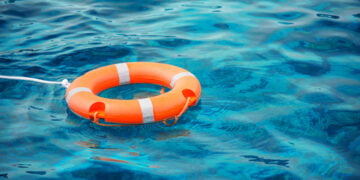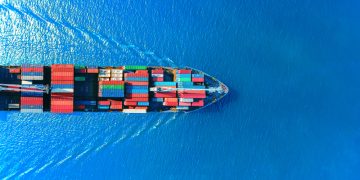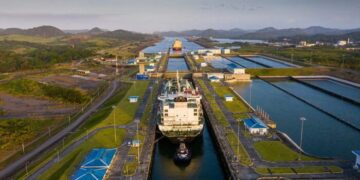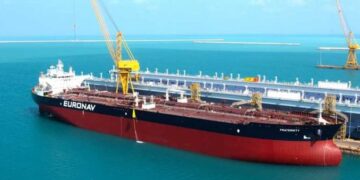London P&I Club issues renewed warning on cargo liquefaction
Recent incidents draw the attention to the problem The London P&I Club says the lifting of an iron ore ban in India, together with the recent total loss of two ships, has put the spotlight once again on the problem of cargo liquefaction.In the latest issue of its StopLoss Bulletin, the club says, "There are specific challenges involved in the export of iron ore fines from Indian ports during the monsoon season which can increase the moisture content of the cargo to levels where liquefaction can occur. This can result in severe loss of a ship's stability and, sometimes, in the vessel sinking. Other cargoes such as nickel ore are also prone to liquefaction."Last month, the Indian Supreme Court lifted the ban imposed in 2010 in Goa on the mining, storage and export of iron ore, and allowed the e-auctioning of 11.5m tonnes of excavated iron ore which has been lying unused since the ban was introduced. The process will be supervised by a committee set up by the court. A separate committee was also appointed to advise how much iron ore can be extracted each year, and it is due to report its recommendations by 15 February, 2014. It ...
Read more
























































